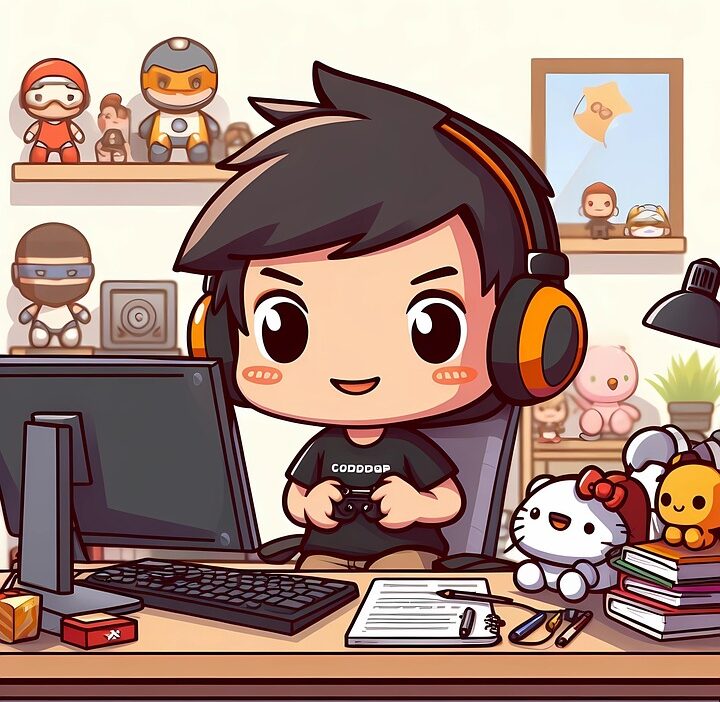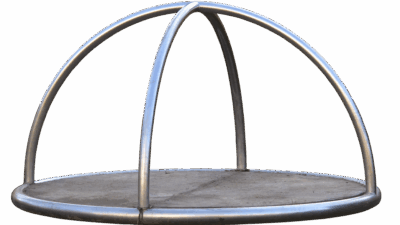In the rapidly evolving world of competitive gaming, the landscape is filled with skillful players vying for dominance. However, while technical prowess is essential, another crucial factor separates the best from the rest: grit. Gaming grit is the resilience and perseverance that top players demonstrate when faced with challenges, setbacks, and the intense pressure of competition. This article delves into the concept of gaming grit, illustrating how elite players harness it to overcome obstacles and achieve victory.
The Essence of Grit in Gaming
Grit can be defined as a combination of passion and perseverance for long-term goals. In gaming, this translates to the ability to push through difficult situations, learn from failures, and persist despite the odds. For competitive gamers, it often involves:
-
Mental Fortitude: Top players develop a strong mindset that allows them to stay calm and focused under pressure. When faced with adversity, they rely on mental techniques such as visualization, positive self-talk, and deep breathing to maintain their composure.
-
Adaptability: The gaming landscape is constantly changing, with new strategies, patches, and meta shifts. Successful players embrace change, analyzing their gameplay and adapting their strategies to maximize their effectiveness.
- Continuous Learning and Improvement: Gritty players maintain a growth mindset, viewing losses as opportunities to learn. They rigorously analyze their performances, seeking feedback and finding ways to improve. This commitment to lifelong learning sets them apart from their peers.
Overcoming Setbacks: The Path to Greatness
The journey of a competitive gamer is often fraught with obstacles. Here are key challenges that top players frequently face and strategies they employ to overcome them:
1. Dealing with Defeat
Every competitive player experiences loss. For rising stars, the sting can be especially acute. Top players embrace defeat as a pivotal moment for growth. For instance, after a significant loss in a tournament, players often conduct thorough analysis sessions to dissect their gameplay, identifying errors and areas for improvement. This analytical approach fosters resilience, transforming losses into valuable learning experiences.
2. Mental Health Challenges
The pressure to perform can take a toll on a player’s mental health. Demanding schedules, high expectations, and the scrutiny of fans can lead to anxiety and burnout. Elite players often turn to mental health resources, such as sports psychologists, to develop coping strategies. Additionally, they cultivate a healthy work-life balance by engaging in activities outside gaming, such as exercise, social interactions, and hobbies, to alleviate stress and maintain motivation.
3. Skill Plateauing
Reaching a plateau in skill development is an inevitable part of any player’s journey. Instead of becoming discouraged, elite players seek new challenges. This might mean experimenting with different roles or characters or even shifting their focus to a different game entirely. By stepping out of their comfort zones, they reignite their passion and drive for improvement.
4. Navigating the Competitive Landscape
As the level of competition increases, so does the intensity of challenges. Elite gamers face off against formidable opponents, requiring them to constantly up their game. Top players often engage in regular practice with other high-level players, utilizing scrims and training sessions to refine their skills. This not only hones their technical abilities but also builds camaraderie and collaborative learning within the community.
Building a Culture of Grit
The narrative of gaming grit extends beyond individual players. Teams and organizations are also learning the importance of fostering a culture of perseverance. This can be achieved through:
-
Support Systems: Establishing a supportive environment where players can share their experiences and challenges can significantly enhance grit. Coaches and team members play a vital role in encouraging dialogue around mental health and personal development.
-
Goal Setting: Encouraging players to set both short-term and long-term goals helps them maintain focus and stay motivated. Achievements, no matter how small, can serve as stepping stones toward larger ambitions.
- Celebrating Growth: Acknowledging progress, rather than just victories, reinforces the value of grit. Recognizing improvements in gameplay or mindset fosters a culture that values development over mere results.
Conclusion
Gaming grit is not just a trait but a fundamental component of success for top competitive players. It encompasses mental fortitude, adaptability, and a relentless pursuit of growth. By embracing setbacks, prioritizing mental health, navigating challenges strategically, and building a supportive community, elite gamers showcase the power of resilience. As the competitive landscape continues to evolve, the role of grit in achieving greatness will undoubtedly remain pivotal, inspiring the next generation of gamers to persist in their pursuit of excellence. In a world where victories are fleeting and challenges abound, those who embody gaming grit will always find a way to prevail.



